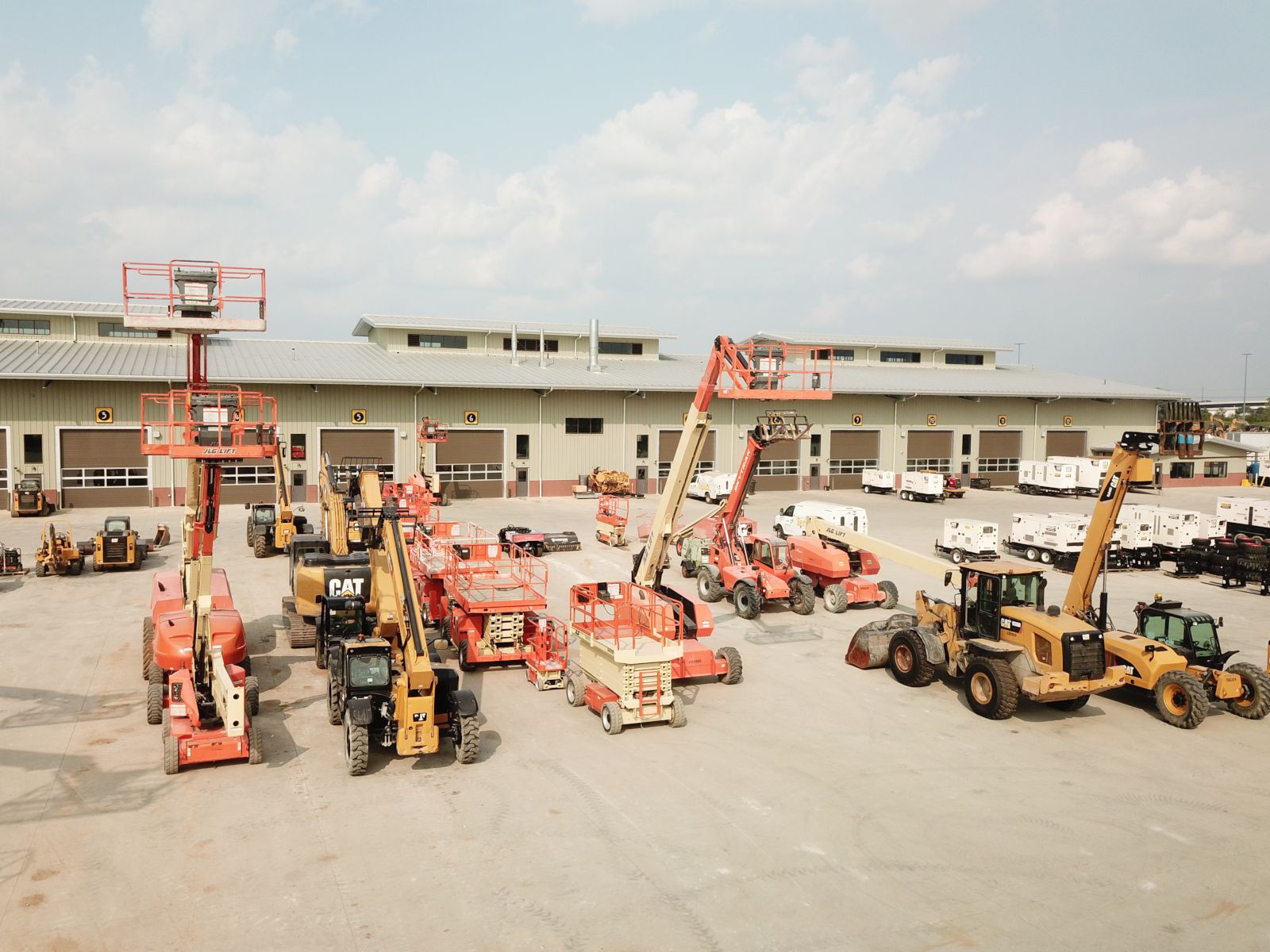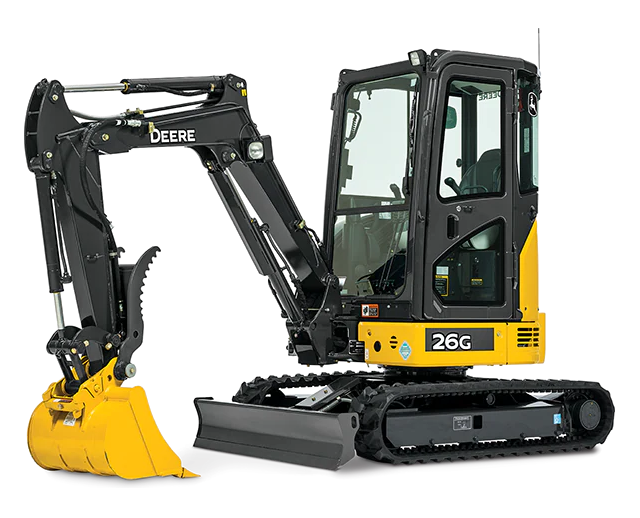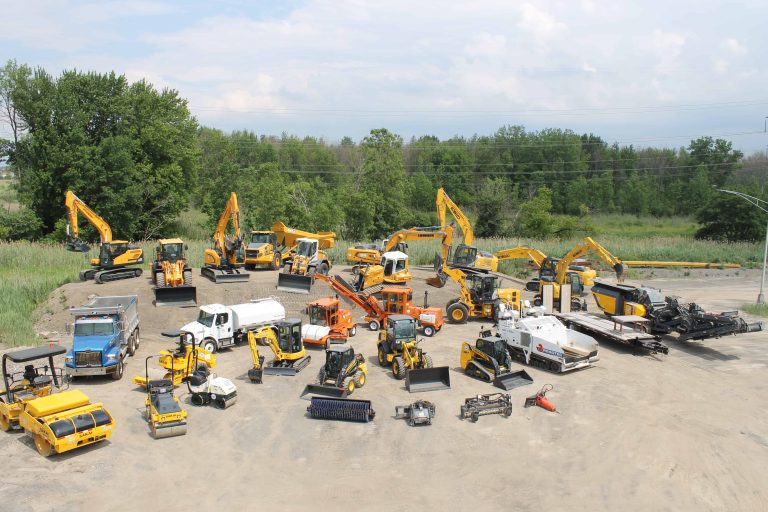Dozer Rental: Powerful Earthmoving Equipment for Your Construction Demands
Dozer Rental: Powerful Earthmoving Equipment for Your Construction Demands
Blog Article
Maximize Your Budget Plan by Understanding the Prices Associated With Building And Construction Equipment Rentals
Comprehending the full scope of costs linked with construction tools rentals is essential for optimizing your budget plan. What methods can be utilized to efficiently manage these costs and make sure a much more efficient rental experience?
Review of Rental Prices
When thinking about building tools services, comprehending the linked prices is vital for effective budgeting and job planning. Rental prices can vary considerably based upon numerous factors, including tools type, period of service, and place. The initial rental charge commonly shows the tools's market demand and its associated functional capabilities, influencing the overall expenditure.
In addition to the base rental price, secondary expenses might occur, such as transport costs, fuel additional charges, and upkeep charges. It is necessary to represent these extra costs to properly evaluate the overall cost of renting devices. In addition, the rental period can influence prices; longer rentals might certify for discounted rates, while short-term leasings may incur higher daily charges.

Malfunction of Rental Prices
A detailed understanding of rental rates is vital for specialists and project supervisors aiming to optimize their budget plans. Rental prices for construction tools typically are composed of numerous elements, including base prices, time-based fees, and usage charges.
Base rates are the core costs related to the leasing of the tools, typically figured out by the kind and dimension of the equipment. These rates can vary significantly, affected by elements such as tools demand, availability, and regional market patterns. Time-based fees, which might be daily, weekly, or monthly, offer to suit different project timelines and rental durations.
Furthermore, rental prices might include use charges, which are applicable when tools is utilized past a defined limit, ensuring that the rental company can represent deterioration. Seasonal need variations can likewise influence rental rates, with peak building seasons normally regulating higher costs.
Furthermore, recognizing the rental firm's policies pertaining to upkeep and insurance policy can offer more understanding right into the general expense structure. By assessing these elements, professionals can make enlightened decisions, guaranteeing the selection of rental devices straightens with both job requirements and spending plan constraints.
Extra Costs to Take Into Consideration
Comprehending the details of added fees is important for service providers to handle their total leasing expenses efficiently. Past the standard rental rates, various auxiliary costs can dramatically influence the total expense of devices rental. These fees typically include delivery and pickup charges, which can differ based upon distance and logistics involved in carrying the equipment to and from the task website.
Furthermore, some rental business might impose fuel additional charges if the devices is returned with less gas than when leased. It is additionally important to understand possible cleansing charges, particularly for customized devices that needs thorough upkeep after use.

Thoroughly assessing the rental arrangement and clearing up these additional charges in advance can aid contractors make sure and prevent unexpected prices that budget plans continue to be intact throughout the project lifecycle.
Repair And Maintenance Expenses
Regular repair and maintenance expenses are frequently ignored aspects that can significantly affect the overall expense of building devices services. When renting out equipment, it is essential to think about not just the rental fees however additionally the possible prices related to maintaining the equipment in optimum operating problem.
Several rental firms consist of basic maintenance as part of the rental contract; nevertheless, a lot more unanticipated failures or substantial repairs can cause added expenses. It's important to assess the rental contract very carefully to recognize what upkeep solutions are covered and what duties fall on the renter.
Furthermore, devices that is not well-kept can cause ineffectiveness on the task the original source website, possibly boosting and triggering delays task expenses. To mitigate these threats, it is suggested to perform normal assessments and maintain open communication with the rental company concerning any type of problems that develop during usage.
Insurance and Liability Costs
Insurance coverage and obligation costs are crucial elements that can considerably affect the overall expense of building equipment services (heavy equipment rental). These expenses make certain that both the rental company and the client are protected from prospective financial losses occurring from mishaps, damage, or burglary during the rental period

Furthermore, customers need to know any type of deductibles or exclusions in the insurance plan, as these can influence possible out-of-pocket expenditures. Comprehending the conditions of any kind of insurance policy coverage is crucial to stay clear of unanticipated expenses. Ultimately, budgeting for insurance policy and responsibility expenses can help make certain a smoother rental experience and protect versus financial risks related to building and construction jobs.
Conclusion
In final thought, a detailed understanding of the expenses connected with building equipment rentals is important for effective budget monitoring. Inevitably, notified decision-making concerning equipment rentals adds to the total success of building endeavors.
Rental prices can differ substantially based on a number of factors, consisting of devices type, period of leasing, and location (rental company near me). The rental period can influence prices; longer rentals might qualify for discounted prices, while short-term services may heavy equipment rentals in my area incur greater daily costs
By carrying out thorough study and engaging with reliable rental firms, professionals can effectively browse the complexities of rental prices, ultimately optimizing their financial resources.
Past the common rental rates, numerous supplemental costs can considerably influence the overall price of devices service. Rental companies commonly provide obligation insurance that covers injuries to 3rd events or damage to building, while equipment damages insurance policy can cover the cost of fixings or replacement if the leased tools is damaged.
Report this page